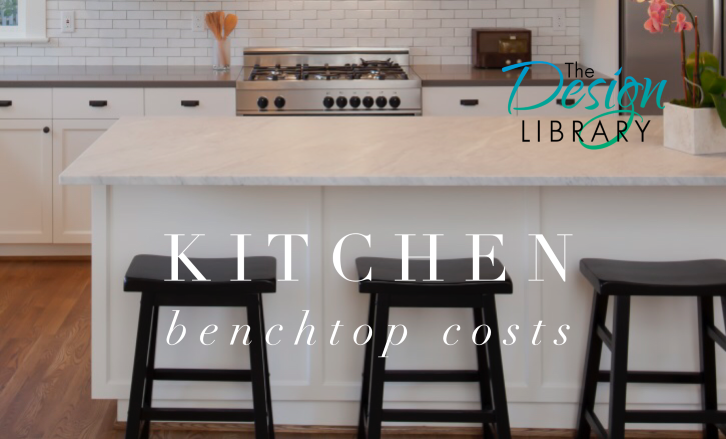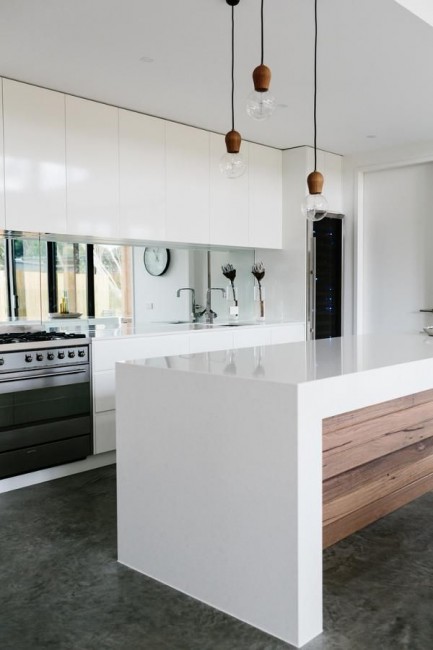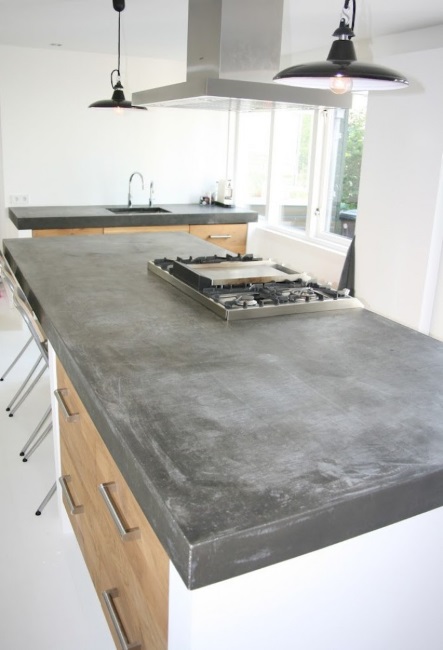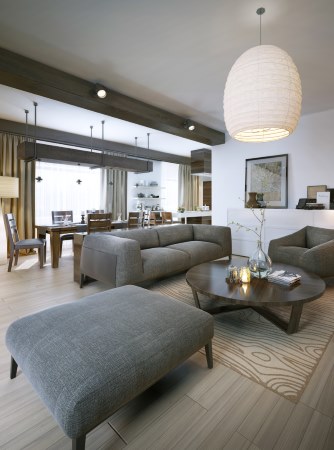
Kitchen Designs: Part 2 – Cost Of Kitchen Benchtops
Kitchen Designs: Part 2 Cost Of Kitchen Benchtops
The cost of kitchen benchtops can be a deciding factor to achieving your dream kitchen. With many options to choose from knowing what they cost may help you to make a decision.
With cost in mind, you can then look at your selection and compare it together with maintenance and durability.
COST
The cost will be determined on exactly what your requirements are but a rough guide would be –
- Undoubtedly, the most cost-effective benchtop material is Laminate.
- Polished concrete is also cheap in terms of the raw materials. However, more complex designs may require specialized manufacturing and installation and can end up costing more than a natural stone benchtop.
- Natural stone needs to be shipped, prepared and installed using special methods and is, therefore, a pricier option. On the other hand, engineered stone is a great mid-price alternative that still possesses many of the qualities of natural stone.
- Hardwoods vary greatly in price according to the timber selected. However, if the look of timber is essential, Bamboo a relatively new option may provide a more economic and environmentally friendly option.
- Stainless steel prices vary greatly depending on the thickness of the steel and complexity of the design.
- Acrylic benchtops are generally the most expensive option but the cost is far outweighed by the durability and ease of maintenance.
All below costs are in Australian dollars
Low – Laminate – $150 – $350 per square meter
Low – Bamboo – $300 – $400 per square meter
Low – Timber – $500 – $1500 per square meter
Medium – Engineered Stone – $600 – $1300 per square meter
Medium – Stainless Steel – $900 – $1000 per square meter
High – Natural Stone (Granite) – $700 – $1700 per square meter
High – Natural Stone (Marble) – $800 – $2200 per square meter
High – Polished Concrete – $1000 – $1800 per square meter
High – Acrylic – $1000 – $1200 per square meter
DURABILITY & MAINTENANCE
- Your requirements for benchtop durability will depend on the type of household you live in. The clumsy cook may opt for a heat resistant and non-porous surface, to avoid damage caused by accidentally placed hot pots and the occasional spilt wine.
- Natural stone and engineered stone surfaces are scratches, chip and heat resistant. Engineered stone is non-porous and never requires sealing whereas natural stone is porous and will suffer from stains if not sealed annually. Hardwood and polished concrete benchtops will also suffer from stains and water damage if their protective coatings are not periodically maintained.
- Acrylic surfaces are non-porous and resistant to stains but are not heat or scratch resistant (although any damage is easily repaired). Laminate surfaces are also non-porous, heat-resistant and scratch resistant.
- Stainless steel is heat resistant but suffers scratches, dents, and fingerprints. They can also be quite noisy in comparison to other materials.
White modern kitchen designed and built by AlterEco
Kitchen with a concrete top on IKEA cabinets with Koak Design wooden fronts.
Which bench top would you choose? Let us know in the comments below!
RELATED – Kitchen Benchtop Materials Options
All images via respective product/ business owners




